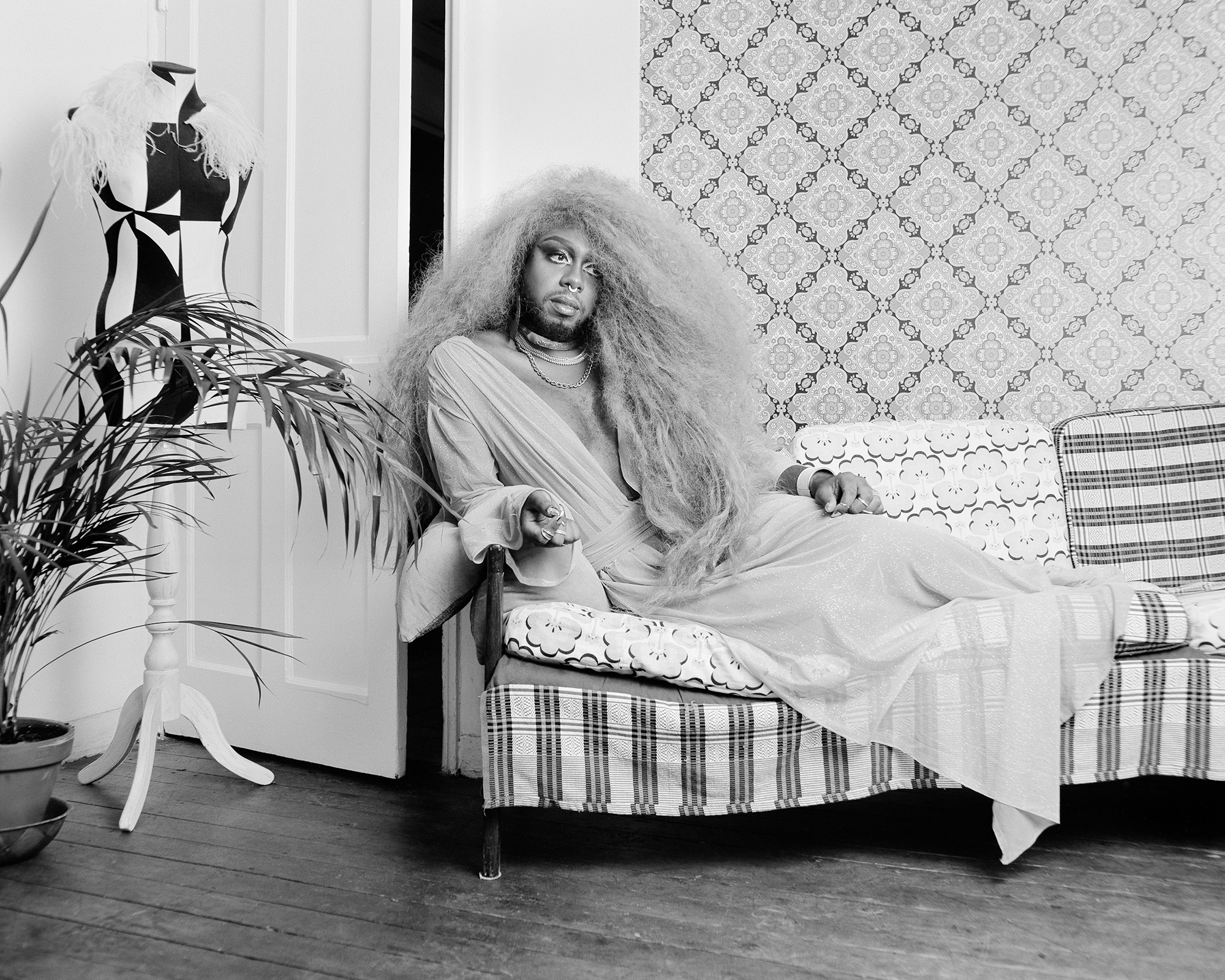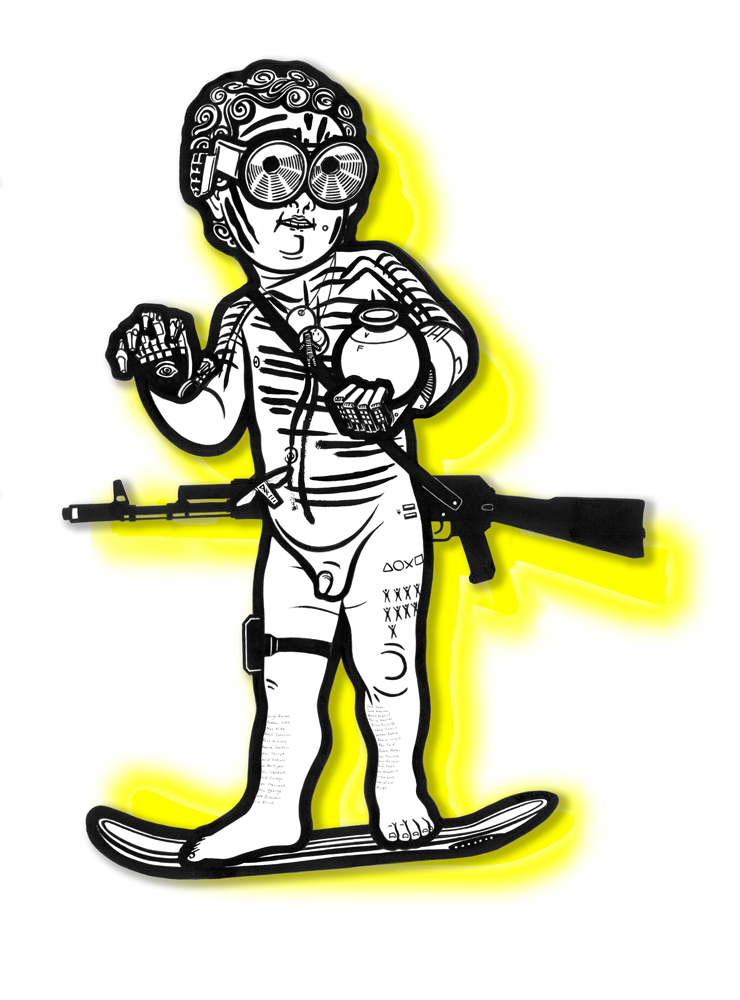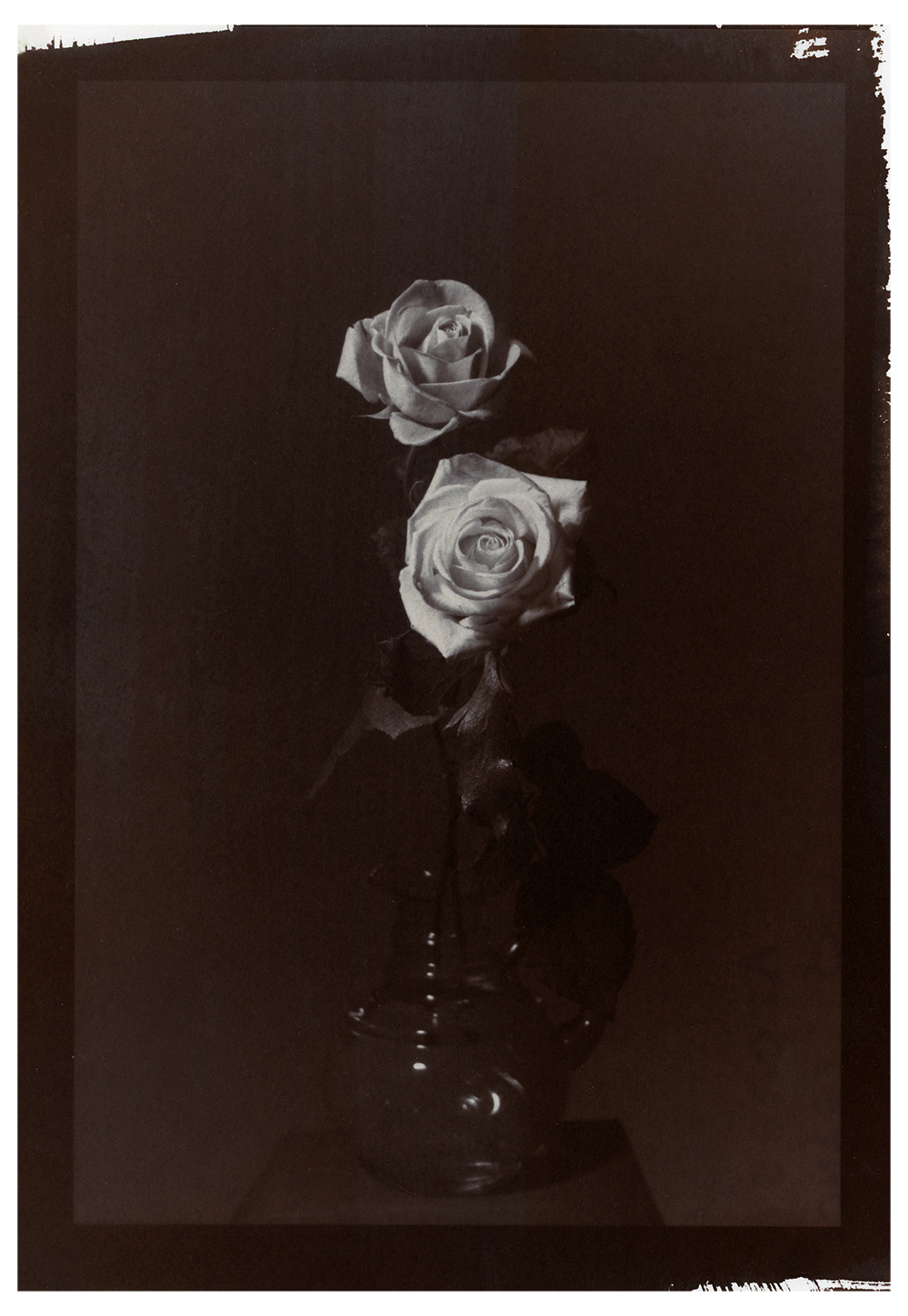
LCN Story: Artist Deborah Tchoudjinoff
Deborah Tchoudjinoff is intrigued by human-landscape entanglements; her curiosity in the subject of the anthropocene shapes her work. She is currently developing new work to understand the complexities within its’ discourse. Often the outcome is experiential and material installations that explore alternative narratives or aesthetics - a blurring between the imagined and the real. Deborah studied Design Interactions at the Royal College of Art. She is a French-Kalmyk currently based in London but her curiosity in human-landscape themes has taken her to many parts of the globe.
What new product, service, business system or project are you introducing to your practice and why?
VR or AR - I wanted to introduce these mediums to expand the visual elements of my practice. As I am currently examining topics that can be quite abstract in nature I am testing the right medium(s) for the message. I am interested in how these formats can be used to bring viewers into another locale (or other worlds) and to what degree, asking how the medium can influence the viewer beyond it’s virtual function.
What was the main motivation behind your application to the LCN programme?
As an emerging artist LCN is a sound testing ground for work-in-progress. This was a space to develop a methodology and shaping of my practice to support projects of interest in the longer term. LCN programme was a good way of making me accountable to myself as a creative. Additionally, the network and support through group crits, one to one sessions provided a rich sounding board.
The project that I am working on is a continuation of the work on timelines as a way of connecting ideas. It’s a research piece in collaboration with an anthropologist at UCL about Mongolia. I’ve been using this time on the programme to experiment on how material topics translate themselves to the virtual.
What is the most useful advice or tips you’ve been given on the programme so far?
The 121 sessions have been very helpful: from Levin’s technical advice to Kathrin’s experience of how to position yourself (her repeated exclamation of: “Shorten your text!”). These conversations helped me to connect themes and topics within my own practice that might not have been apparent prior.
The practical advice on finance, production and curation has been very useful. The introduction to Blackhorse Workshop is a useful fabrication option while participating in workshops with invited curators or commissioners have provided me with great insights.
What plans do you have after participating with LCN?
I am preparing for an upcoming group show in 2018, which LCN has given me the opportunity to start researching. I will certainly take important lessons from LCN and incorporate those into new projects and my practice.
LCN Story: Photographer Jan J. Klos

LCN Story: Ceramicist Tessa Eastman

LCN Story: Artist Laura Moreton-Griffiths

LCN Story: Photographer Jonathan Clifford

LCN Story: Ceramicist David Marques

LCN Story: Photographer Alessandra D’Innella



